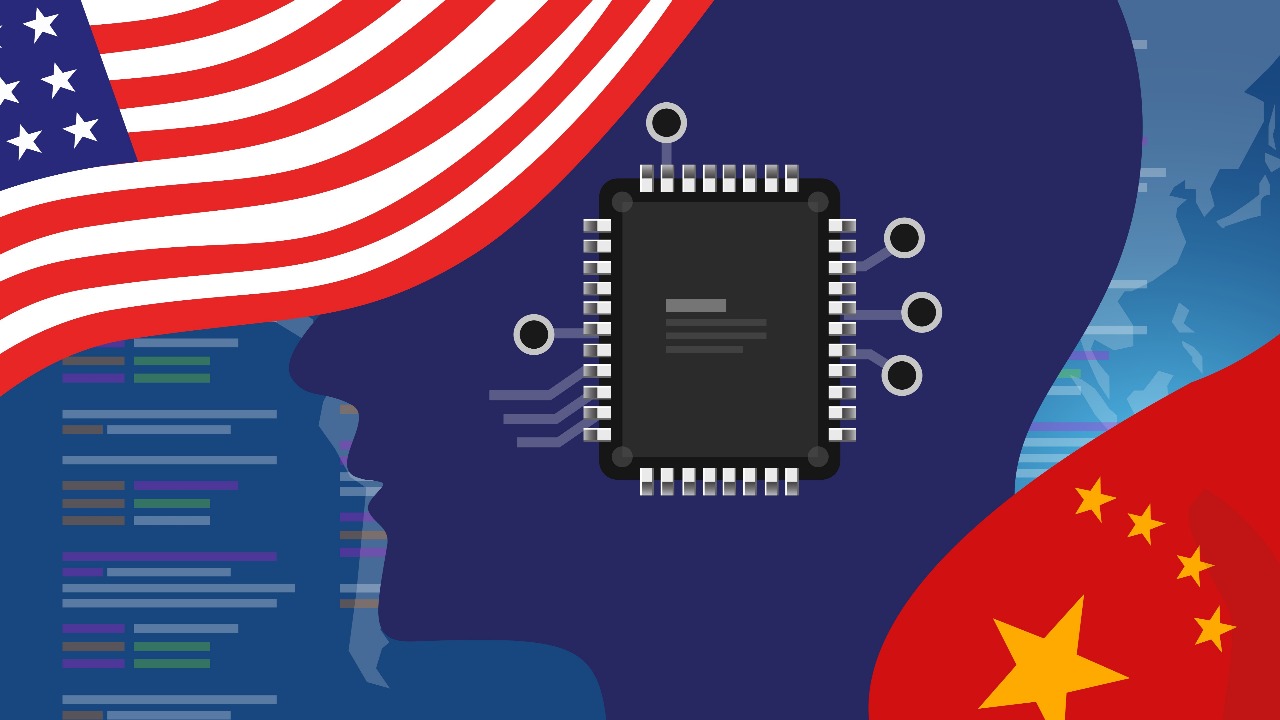China has issued a detailed questionnaire to major US semiconductor companies, requesting sensitive sales and customer data as part of an anti-dumping probe into analog chips. The move intensifies the ongoing tech trade war, raising concerns over data privacy, geopolitical leverage, and the future of cross-border semiconductor cooperation.
In a fresh escalation of the US-China tech standoff, China’s Ministry of Commerce has sent a formal questionnaire to several leading American semiconductor firms, demanding detailed disclosures about their operations in China. The request, part of an anti-dumping investigation into analog chips, seeks sensitive information including customer names, transaction volumes, pricing structures, and profit margins.
The questionnaire was issued by China’s Trade Remedy and Investigation Bureau and is widely seen as a strategic maneuver in the broader trade war between the two nations. While no specific companies were named publicly, industry insiders suggest that firms like Texas Instruments and Analog Devices are likely among the targets.
This development comes ahead of proposed diplomatic talks between US and Chinese leaders, adding pressure to an already strained relationship. Analysts warn that such data requests could deter future investment and deepen the divide in global semiconductor supply chains.
Key Highlights:
- Strategic Probe: China’s anti-dumping investigation focuses on analog chips, a critical segment in industrial, automotive, and consumer electronics.
- Data Demands: The questionnaire asks US firms to disclose Chinese customer names, pricing details, and comparative profit data between US and Chinese markets.
- Targeted Firms: While unnamed, the probe is believed to affect major players like Texas Instruments and Analog Devices, both heavily invested in China.
- Trade War Context: The move is part of a broader pattern of retaliatory actions between the US and China, including export controls, sanctions, and tech bans.
- Industry Impact: Experts fear the probe could disrupt supply chains, increase compliance burdens, and accelerate the decoupling of US-China semiconductor ecosystems.
- Diplomatic Undercurrents: The timing of the questionnaire suggests strategic positioning ahead of high-level bilateral talks, potentially using trade data as leverage.
As the global semiconductor race intensifies, China’s latest move signals a more aggressive stance in asserting control over its tech landscape. For US firms, the challenge lies in balancing compliance with national security and commercial confidentiality.
Sources: Times of India, Yahoo Finance.

